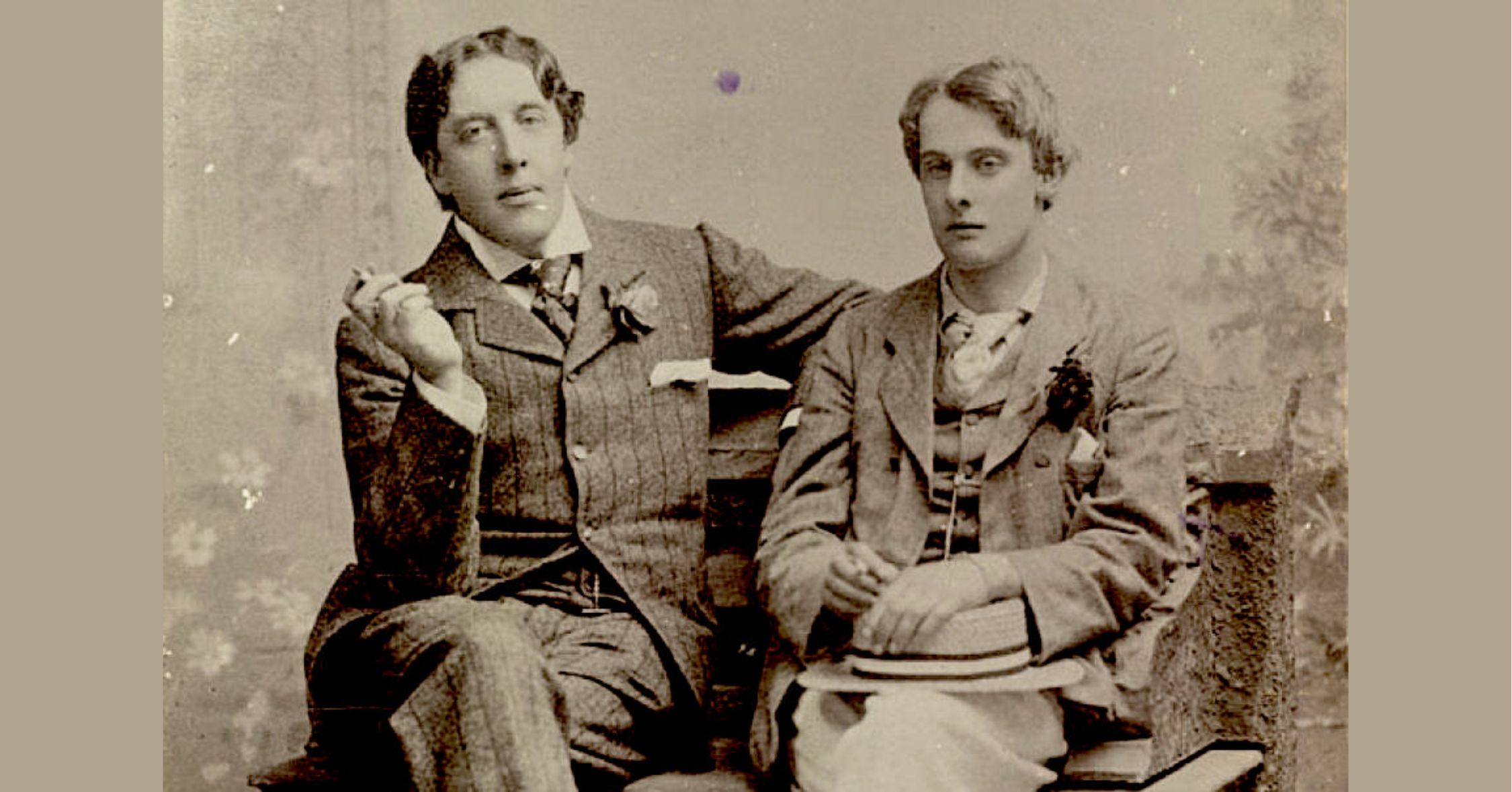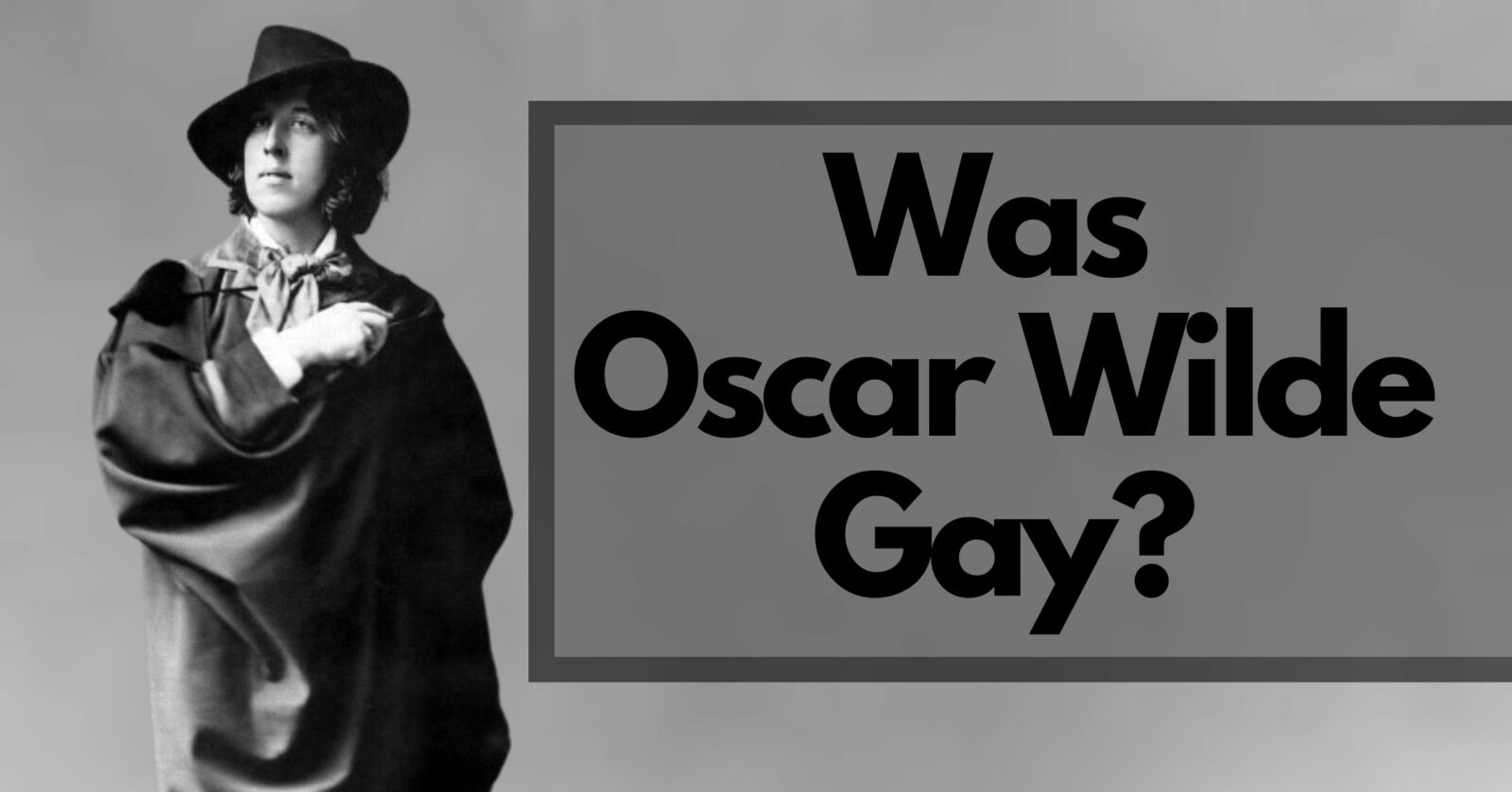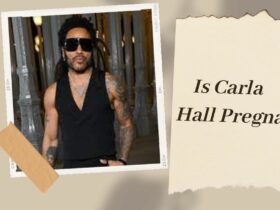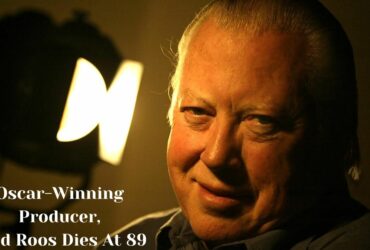Was Oscar Wilde Gay? The famed Irish poet and playwright Oscar Wilde was a homos*xual who was well-known for his relationships with males.
Oscar Fingal O’Fflahertie Wills Wilde was a prominent Irish poet and dramatist who died on November 30, 1900, leaving an enduring effect on literature and theater.
Wilde began writing in different formats in the 1880s and rose to become one of London’s most acclaimed playwrights in the early 1890s. His humor, eloquence, and incisive insights, captured in memorable epigrams, aided his broad reputation.
Wilde’s literary impact is characterized by his masterpiece “The Picture of Dorian Gray,” which examines the complicated interaction between morality and aestheticism.
His life, however, took a terrible turn when he faced a criminal conviction for gross indecency in connection with homos*xual acts—a crucial and contentious component of his career.
Born in Dublin to Anglo-Irish intellectuals, Wilde’s background cultivated multilingual brilliance, including proficiency in French and German. His academic career included outstanding classical scholarship at Trinity College Dublin and Magdalen College, Oxford.
Wilde became affiliated with the new theory of aestheticism, encouraged by his professors Walter Pater and John Ruskin, and this marked a turning point in his intellectual life.
Was Oscar Wilde Gay?
Yes, Oscar Wilde had love connections with males, the most noteworthy of which was with Lord Alfred Douglas, the son of the Marquess of Queensberry. This intricate and intense connection eventually became a significant aspect of Wilde’s conviction for gross indecency during a period when gay actions were criminalized.
The legal ramifications of Wilde’s personal life eclipsed his renown and achievement as a playwright and poet. It is critical to recognize that the modern idea of “gay” as an identity did not exist during Oscar Wilde’s time. However, according to current thinking, Wilde’s connections with males correspond to what is now regarded as a homos*xual orientation.

Wilde’s reputation was harmed by the court processes and subsequent incarceration, which had a significant influence on both his personal and professional life. Wilde’s narrative is a sad representation of the difficulties people encounter while negotiating same-s*x relationships in a less welcoming historical setting.
His experiences add to the larger historical story of the LGBTQ+ community, highlighting the changing views of society about s*xual orientation throughout time.
You might also like to know if these other celebrities were gay or not:
- Is James Haven Gay? Revealing His S*xuality and Relationship Status
- Is LeVar Burton Gay? Debunking Rumors About His S*xual Orientation
Oscar Wilde’s Gender And S*xuality
Oscar Wilde’s s*xuality was defined as gay by his identity. His close relationship with Lord Alfred Douglas, a young British poet and nobleman, started in 1891 and remained secret since homos*xuality was illegal in England at the time.
The secrecy surrounding their romance eventually led to Wilde’s notorious gross indecency trial in 1895, when the facts of his affair were revealed. In a culture where cultural conventions compelled people to comply, Wilde defied expectations.
Despite the prevalent opinions and legal repercussions of homos*xuality, he opted not to marry in order to hide his s*xual orientation. Wilde’s true love relationship with a lady culminated in the birth of two children, emphasizing his personal life’s complexity and subtleties.
Wilde’s experiences and the junction of his s*xuality had a significant impact on his creative output. His candor about his s*xual orientation, especially in a period of widespread prejudice, demonstrates his bravery and tenacity.
Oscar Wilde is recognized today for his creative accomplishments, defying society standards, and stimulating s*xuality discourse during a period of tremendous persecution. His legacy lives on beyond the pages of his books, reminding us of the power of self-expression and honesty in the face of social restraints.
We appreciate your readership! If you found this post helpful, please bookmark The Current Online so you can easily find it again.




